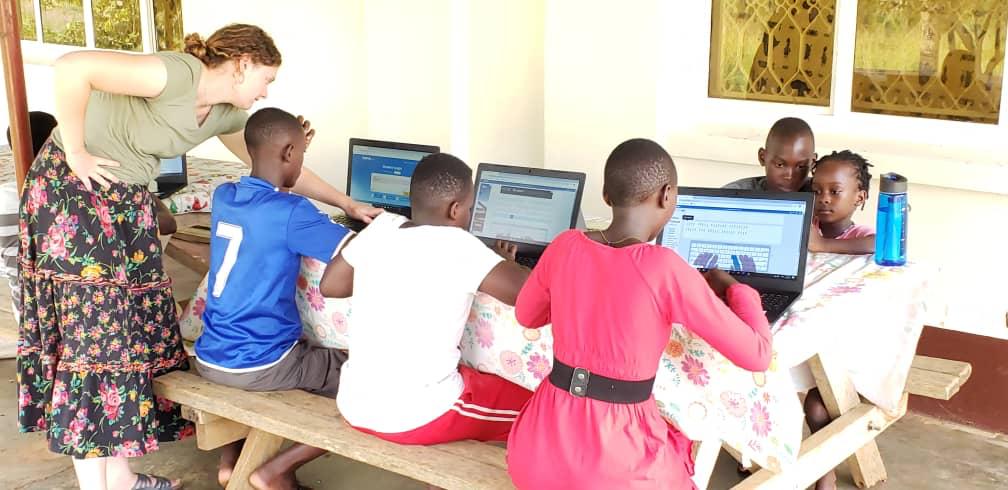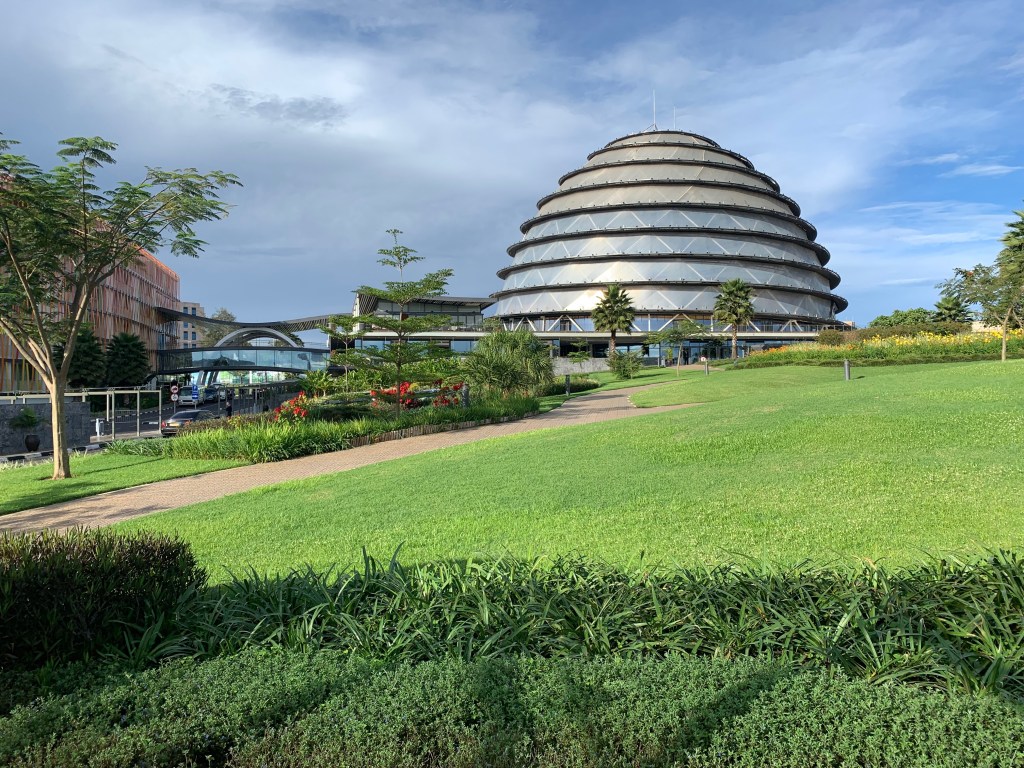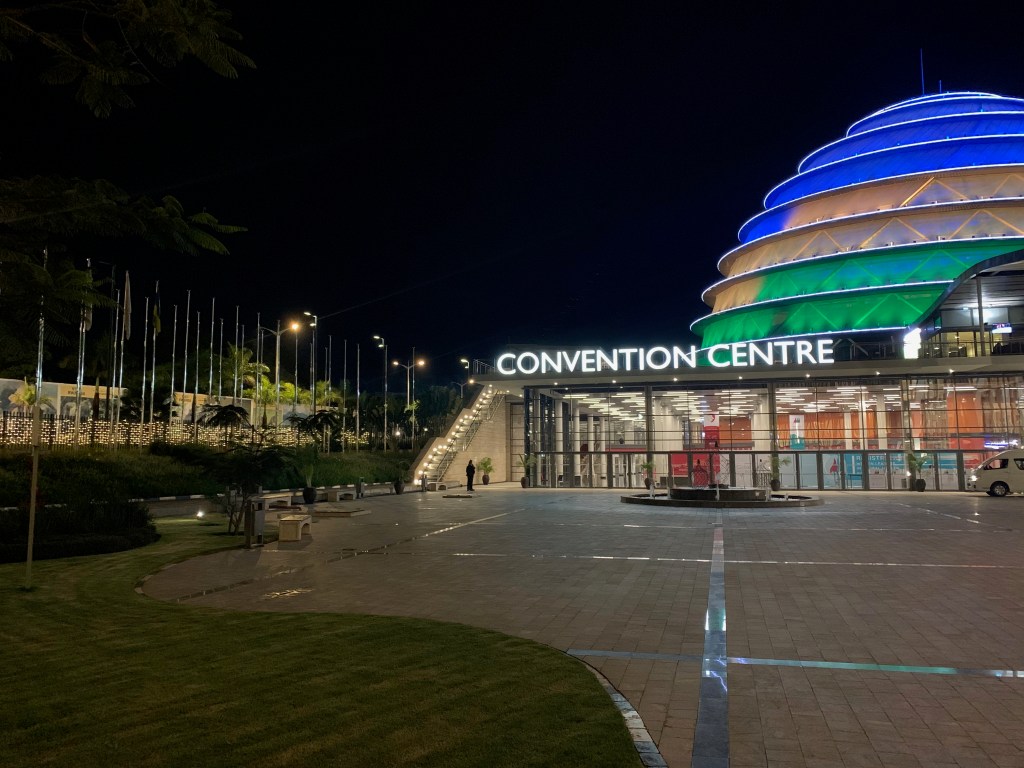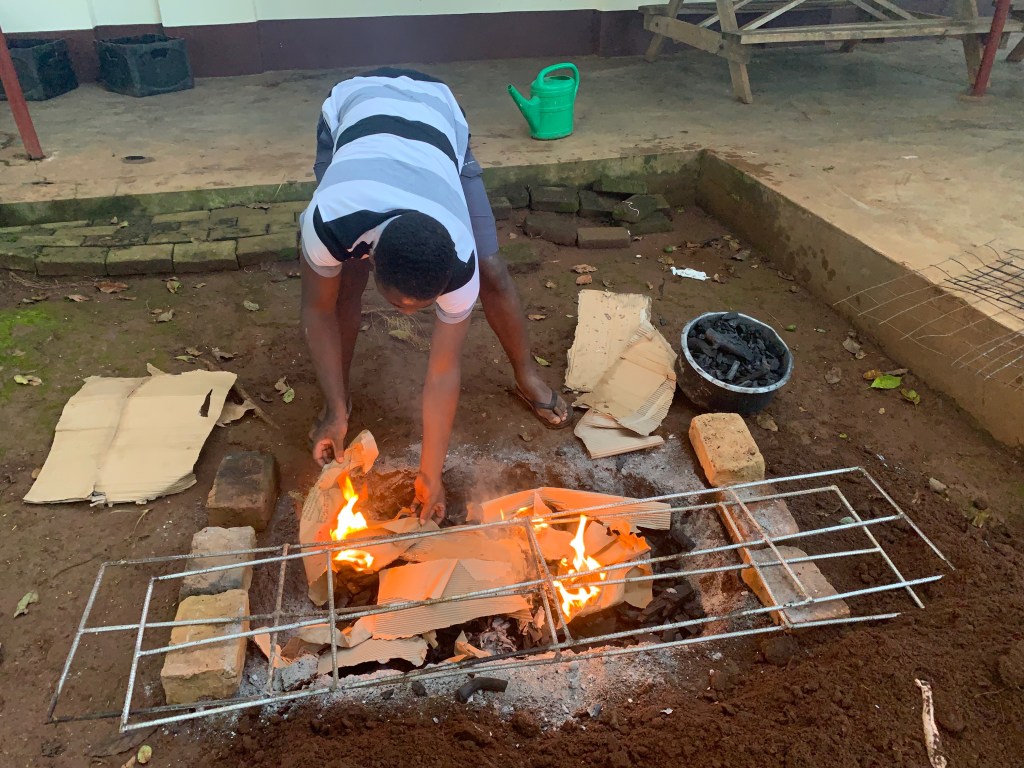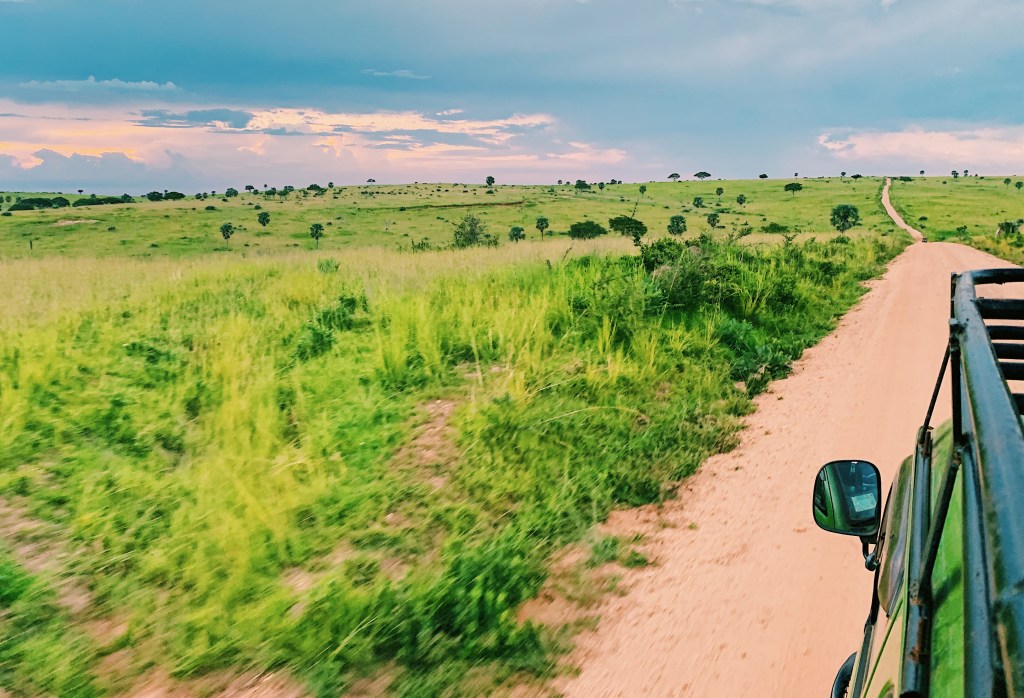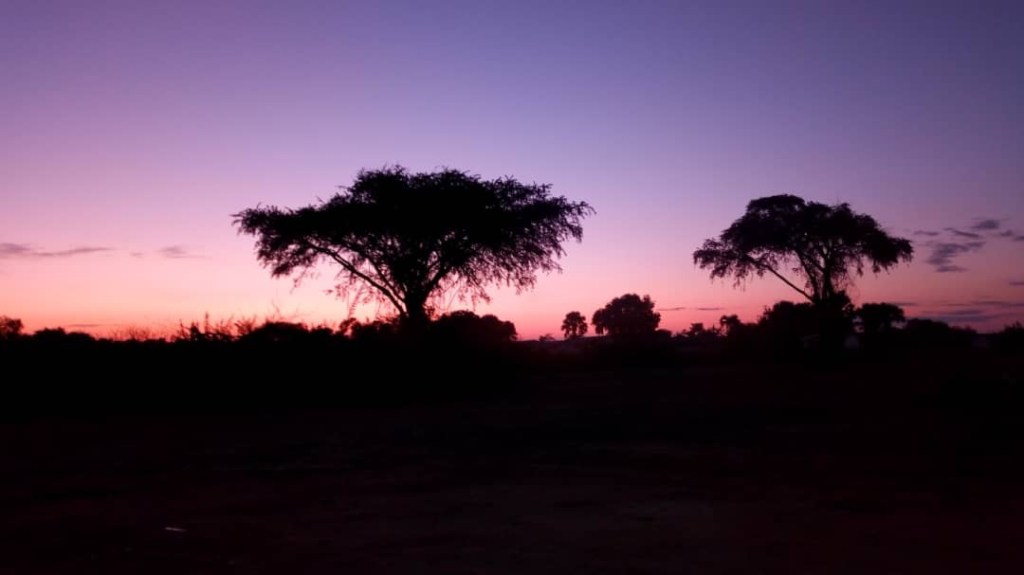One year ago, today I received an email with the subject line of a simple “!”. I received a Minerva Fellow placement and if I chose to accept, I would be heading to rural Uganda for nine months. I will admit, I was overwhelmed. An exclamation point was exactly how I was feeling, along with a few question marks and a comma. Now what? What does this mean? Am I capable of doing this?
Anyone that knows me is likely aware that I tend to err on the side of caution (thanks, anxiety). For as long as I can remember, I feared the unknown. Little things, such as driving to a new office for an appointment with the doctor nearly put me over the edge. How would I possibly be capable of managing nine months on a different continent, in a foreign culture?
Despite these fears, the Minerva Fellowship had been on my radar for years before applying. In the spring term of my freshman year at Union, I heard returning Engeye Minerva Fellows, Joe and Charlotte, speak about their experiences. I thought, “what an incredible opportunity for recent graduates, I give them a lot of credit”, never thinking that I would be in their position four years later. As I began my senior year at Union, I had no idea what I wanted for myself after graduation. In September I took the LSAT, in July I took the GRE. I applied to jobs, considered graduate school, and felt overwhelmed by the prospect of not having a plan after graduation.
Still unsure of my ability to succeed at the Minerva Fellowship, I made a commitment to myself my freshman year that I would apply when the time came. So I did. The application process was an incredibly introspective experience. If I were to tailor my application toward what I thought the selection committee wanted, I would be setting myself up for failure. I was open about my fears, how I have never experienced life as a visible minority, how I had never traveled to a developing country, battled anxiety since I was 14, and was not entirely sure of myself a majority of the time. My interview was raw – I didn’t leave the room feeling confident in my performance. I did promise the committee two things: if selected, I would try my absolute hardest for Union, for Engeye, and for myself, and I would face adversity with as much grace as possible.
Before leaving for Uganda in July, I asked Matt and Nick, my predecessors, far more questions than they likely wanted to answer. I was worried about things I had no control over and seriously reconsidered the fellowship altogether. I have no idea as to what triggered my drastic change in outlook, but after graduation I was feeling good about moving.
Stepping onto the tarmac at Entebbe International Airport is a feeling that I don’t know I will ever be able to adequately articulate: exhilarating, fearful, countless other adjectives. I was delusional from exhaustion and emotionally drained from leaving everything I have ever known. Upon arriving at Engeye, the first thing I was told was, “you are welcome to the Engeye family.” And a family it is.
I am very proud to say that I felt like I thrived in Uganda. My anxiety dissipated, I learned to live in the moment, and adopted the slow pace of life. I learned that I can be incredibly happy with very little and that your company and your environment are what truly dictate fulfillment.
I did have quite a few bumps in the road. I navigated gender dynamics, living as a solo-female fellow while still maintaining independence – learning a few lessons about what I could and couldn’t do on my own. There were challenging personal situations that arose for my Ugandan sisters, and I tried to support them to the best of my ability. Come December, I was incredibly tired of rice and beans, went on a two-week rice protest (which was rather dumb on my part considering it left me with just beans), and dealt with my fair share of digestive issues. I was sick of cold showers and straining my back over a basin for four hours to wash my clothes. Sure, these were bumps in the road, but the road still led me to where I am now. Without adversity and a bit of discomfort, we don’t grow.
Undoubtedly, the most difficult time for me was March. Looking forward to hosting a third and final medical team at the end of the month, wrapping up projects, and spending time with the people I love, I had quite a few plans for my final six weeks. Now, I am home, one month earlier than anticipated and two weeks earlier than my revised return date. The medical team was forced to cancel their trip and I was given less than a 48-hour notice prior to leaving.
I cried, a lot. I put all work and projects aside, and during my last two days, I spent time with as many of my friends for as long as I could. I crashed my own surprise party, felt like a princess when Susan gave me a dress she made (in one day), and struggled to say goodbye. But it isn’t goodbye, it’s see you someday. Engeye is now and forever a part of my identity. I will be back, again and again, and will continue to work on my projects. I will stay in touch with my friends, the Scholars, and kiddos, and strive to maintain my connections with Ddegeya.
While my chapter as a Minerva Fellow at Engeye has abruptly closed, the page has turned for my new chapter as an Engeye volunteer. For a long while, I will struggle to adapt to life in America. I will struggle to tell stories of my experiences, not because I don’t want to, but because a thirty second sound byte is incapable of giving my experiences justice. To the Engeye staff and Eddie, you mean more to me than you will ever know. You are my family. I will see you again soon.
“It’s those who have persevered the thorns on a palm tree that feast on its fruits” – John Kalule


